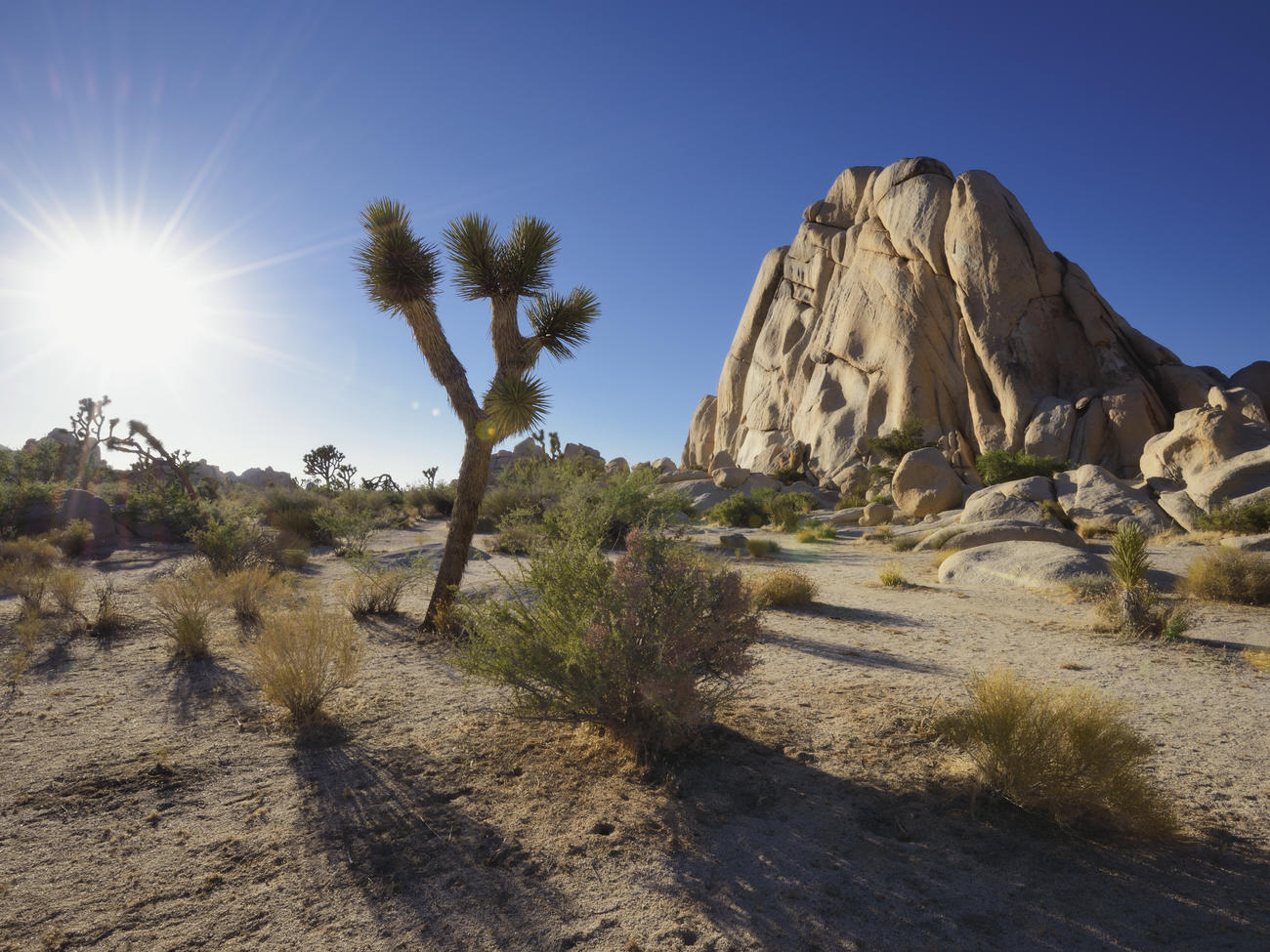
The Government Shutdown Is Turning Some National Parks into Garbage Dumps — Here’s How to Visit Responsibly
The impact to the parks continues under the current shutdown

Ben Herndon / Tandem
Visitors to Joshua Tree National Park may want to re-think their plans this week as the park has closed down all of its campgrounds as of Jan. 2 due to the government shutdown.
The decision to close the campgrounds, CNN reported, came after the area became a health and safety concern. That is because the pit toilets are nearly overflowing and trash has become an issue due to the fact that employees are currently on furlough.
Related: These State Parks Have All the Beauty of National Parks — and None of the Crowds
During previous shutdowns, the park, along with others across the country, was completely closed to guests. However, under the Trump administration, the gates have remained open to guests, which means free access but few park employees to help keep the park clean and help keep visitors safe. “The park is being forced to take this action for health and safety concerns as vault toilets reach capacity,” the National Park Service (NPS) announced. “In addition to human waste in public areas, driving off-road and other infractions that damage the resource are becoming a problem.”The NPS also explained that the government shutdown prevented it from making staff available to “provide guidance, assistance, maintenance, or emergency response.” It added, “Any entry onto NPS property during this period of federal government shutdown is at the visitor’s sole risk.”
The only thing left to prevent Joshua Tree from being overrun by garbage is the diligent work of volunteers.
